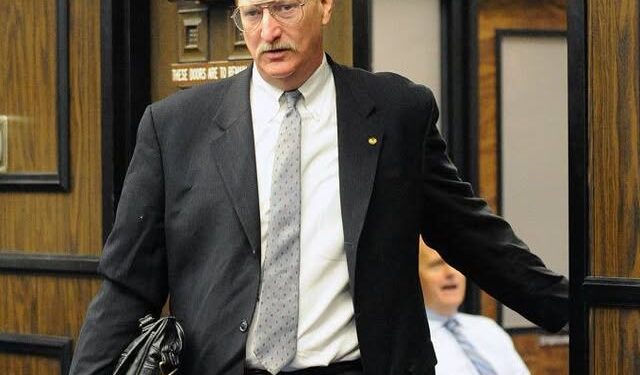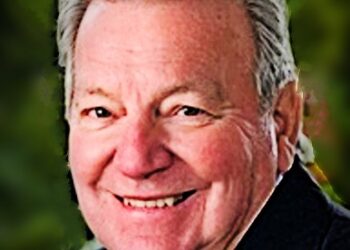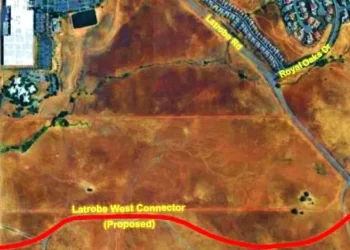By Cris Alarcon
“Not Guilty.”
Two words, three days of testimony, and 47 minutes of deliberation. That’s all it took for a jury of twelve El Dorado County residents to wipe clean two years of political drama, public suspicion, and a prosecution that many called a thinly veiled vendetta.
On May 14, 2014, community figures Dan Dellinger and Cris Alarcon were found not guilty on all counts, putting an emphatic end to a controversial prosecution initiated by the El Dorado County District Attorney’s Office. For many, the case represented more than just a misapplication of government code—it was a bellwether moment for how power, politics, and law interact in small-town governance.
The Timeline: From Parcel Tax to Public Trial
The story begins in 2011, when the Pioneer Fire Protection District (PFPD) hired Dellinger and Alarcon as consultants to help navigate a proposed parcel tax—Measure F—designed to bolster funding for local fire services. The tax passed overwhelmingly in 2012, with nearly 77% voter approval.
But what followed was unexpected: a civil lawsuit filed by District Attorney Vern Pierson in July 2012, claiming that Dellinger and Alarcon had used public funds to illegally advocate for the tax, a violation of Government Code 8314. The DA argued that their roles as paid consultants—creating public outreach materials and educating the public—crossed the line into advocacy.
What the DA called “misuse of public funds,” Dellinger and Alarcon described as a civic duty rooted in transparency. They maintained that no public dollars were used for campaign activities and that all advocacy efforts were conducted through a privately funded campaign committee.
The prosecution pressed on.
The Trial: 3 Days, 12 Jurors, and 47 Minutes
By the time the case reached trial in May 2014, it had already become a flashpoint in local politics. The three-day trial heard both sides: the DA’s insistence on a breach of ethics, and the defense’s detailed record-keeping showing a clear divide between public information and campaign activity.
The jury returned a verdict in just 47 minutes—a shockingly fast turnaround that sent a clear message. Not guilty. On every count. Twelve to zero.
For many residents and observers, the decision wasn’t just a legal verdict—it was a rebuke of what they saw as a politically motivated prosecution.
Public Reaction: Relief, Rage, and Renewed Distrust
Community response was swift and emotionally charged. Supporters of Dellinger and Alarcon celebrated the outcome as long-overdue justice. Others asked deeper questions: Why had this case been pursued with such vigor? Why was taxpayer money spent prosecuting two individuals over what many felt was a technical interpretation of campaign law?
Most damning was the growing suspicion that the DA’s office—particularly under Vern Pierson—had become a tool of political retaliation. Dellinger had run or advised political campaigns for candidates opposed by Pierson and Auditor-Controller Joe Harn, creating a landscape ripe for conflict. The case, in the eyes of many, reeked of lawfare—the use of legal mechanisms as weapons against political enemies.
The Implications: Governance Under the Shadow of Lawfare
The Dellinger and Alarcon case wasn’t just a courtroom drama—it was a civic stress test for El Dorado County’s political and legal institutions.
It exposed:
-
The perils of prosecutorial overreach when political tensions run hot.
-
The need for clarity in California’s laws on public agency communications during ballot initiatives.
-
And perhaps most importantly, the dangers of allowing personal or political grudges to influence public policy through the justice system.
Today, “lawfare” has become a household term. But long before national headlines were invoking it, El Dorado County lived it. The Dellinger and Alarcon trial may have ended in acquittal, but the ripple effects continue—serving as a cautionary tale for any local government where power becomes personal.
Conclusion: A County on Trial, Too
The justice system ultimately worked as intended. But it did so under pressure, under public scrutiny, and arguably, under protest. In the end, it wasn’t just Dellinger and Alarcon on trial. It was El Dorado County’s moral compass.
And for 47 minutes, twelve citizens held it steady.
See More Here: http://www.newsmolo.com/EDC/2019/2025/05/22/dan-dellinger-and-cris-alarcon-found-not-guilty-on-all-charges/









